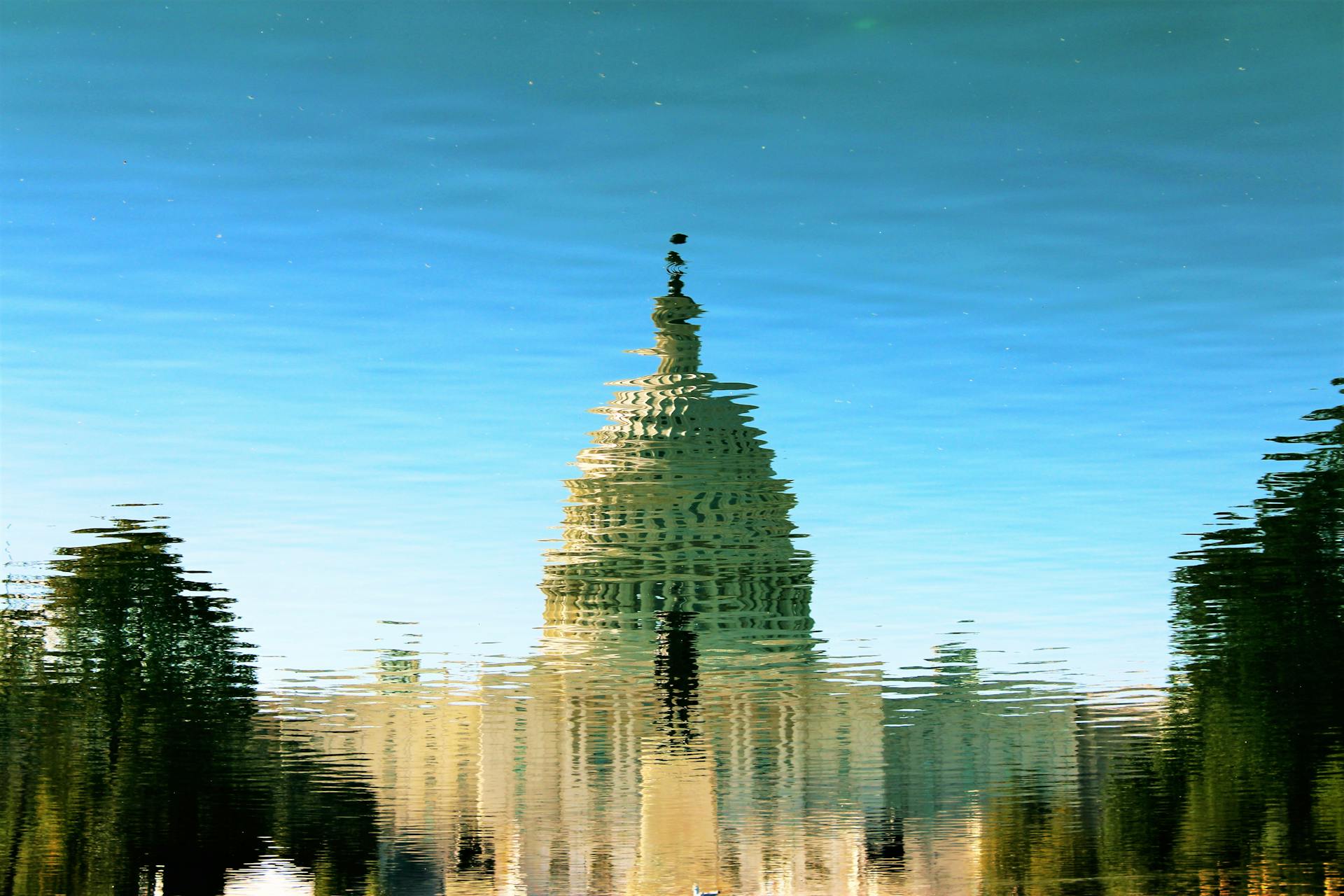Politics
Republicans Split With Party Over Obamacare
By Jake Beardslee · November 6, 2025
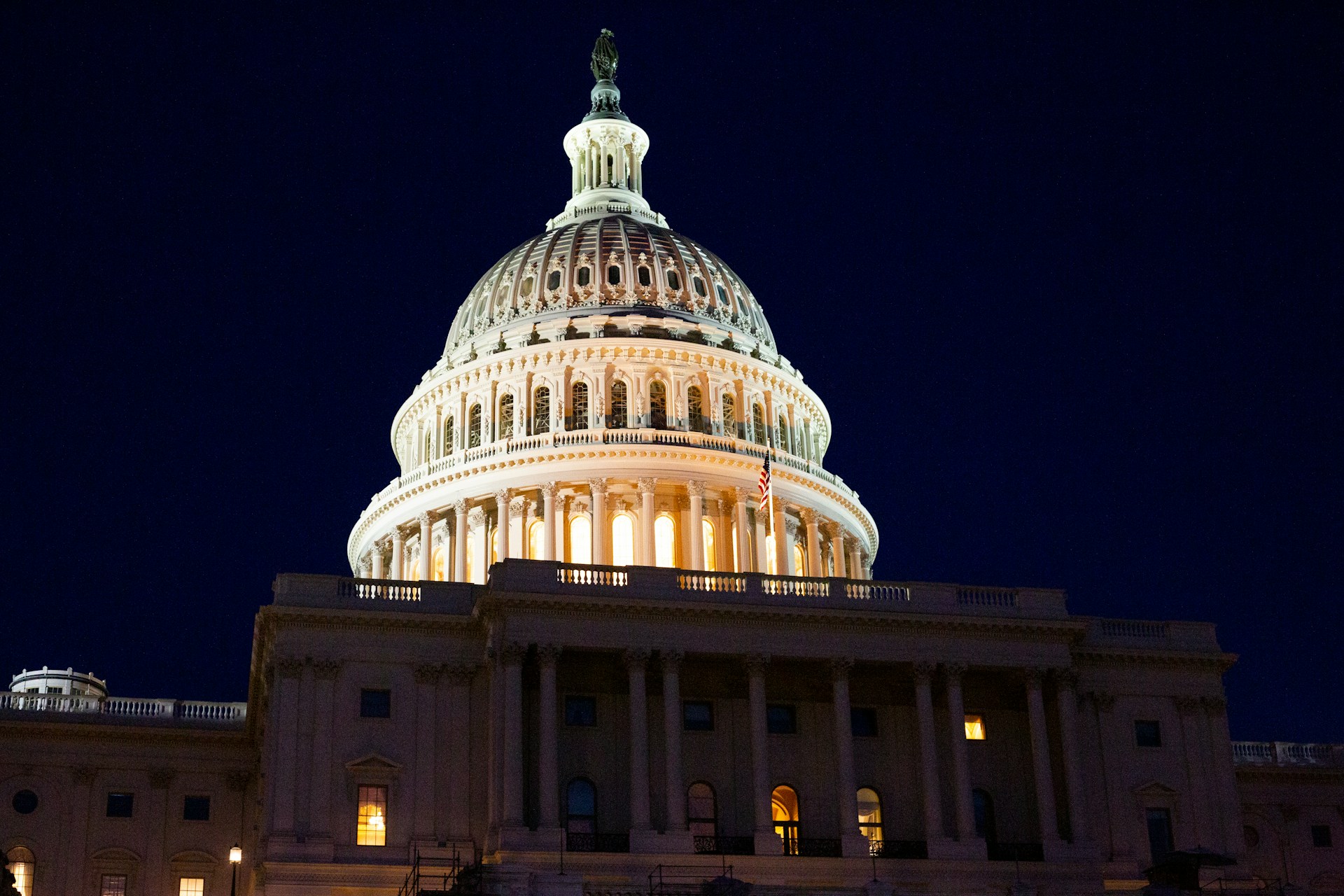
Mounting Divisions Within the GOP
As the government shutdown drags on, cracks are appearing within the Republican Party over whether to extend enhanced Affordable Care Act (ACA) subsidies. Several House Republicans in swing districts are opposing a short-term renewal, arguing that any agreement should be tied to conservative reforms or postponed until the government reopens. Others are backing limited bipartisan efforts, exposing deep policy rifts within the party.The debate reflects a broader struggle for Republicans: how to balance fiscal conservatism with growing voter anxiety about health care costs. With Democrats pressing to extend subsidies before millions face higher premiums, GOP lawmakers remain split between ideological purity and pragmatic governance. Darren Halstead / Unsplash

Conservative Conditional Support
Rep. Scott Perry (R-PA) made clear that his support for extending ACA subsidies hinges on conservative reforms. While he didn’t reject an extension outright, Perry emphasized that the issue must be part of a broader Republican agenda aimed at restructuring federal spending. His position reflects a growing sentiment among fiscal conservatives who view the subsidies as unsustainable without systemic changes. House Creative Services / Wikimedia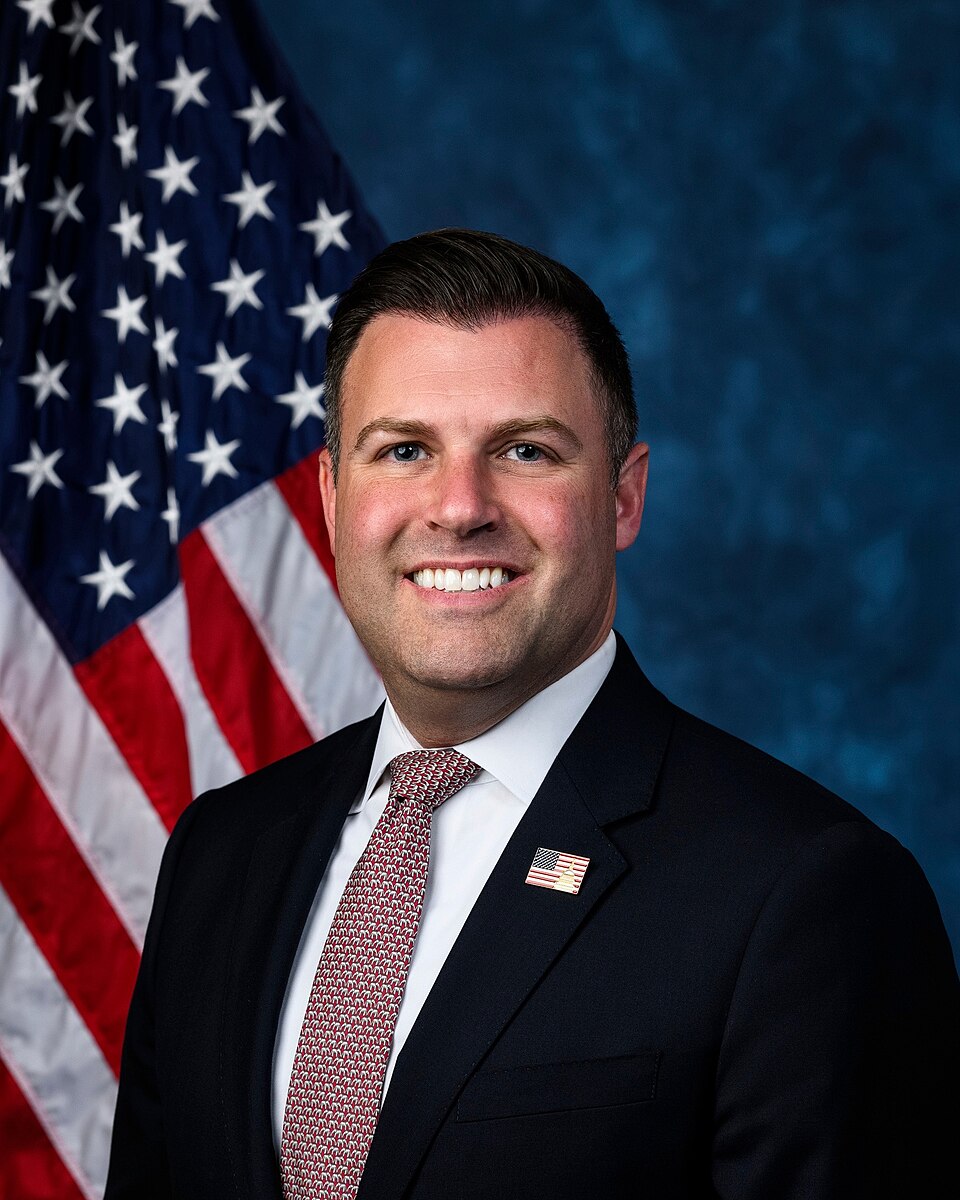
Calls for Income Caps
Rep. Ryan Mackenzie (R-PA) offered conditional backing for a temporary extension but stressed the need for limits on who qualifies. “The government should ensure that subsidies aren’t going to high-income earners,” Mackenzie said, urging the inclusion of an income cap. His proposal echoes broader GOP concerns that the program’s expansion has drifted too far from its original intent of aiding lower- and middle-income Americans. House Creative Services / Wikimedia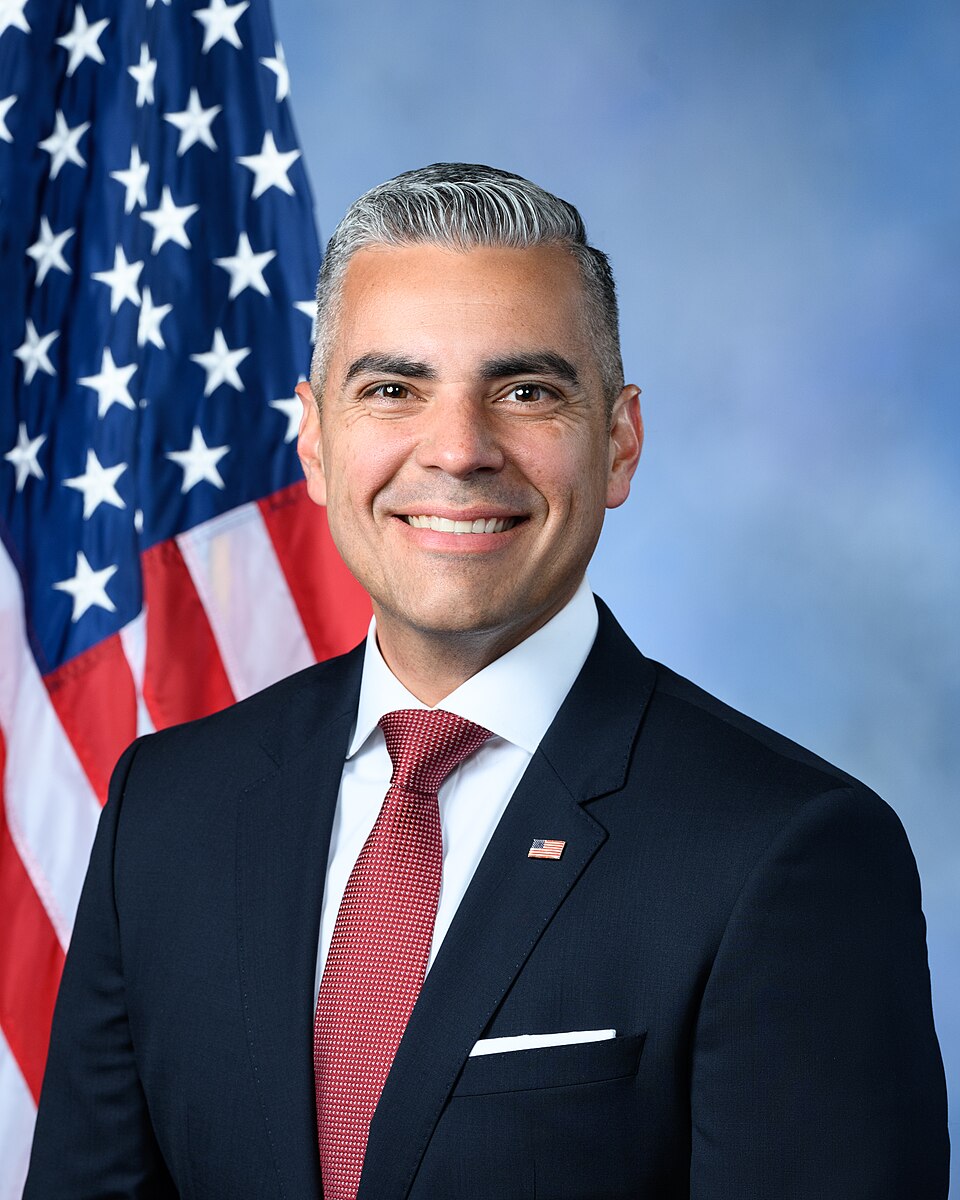
Bipartisan But Critical
Rep. Juan Ciscomani (R-AZ) supported a bipartisan one-year extension bill but simultaneously criticized Democrats for their handling of the shutdown. While he endorsed the compromise, Ciscomani declined further comment, underscoring the delicate balance he faces between representing a competitive district and maintaining party alignment. United States Congress / Wikimedia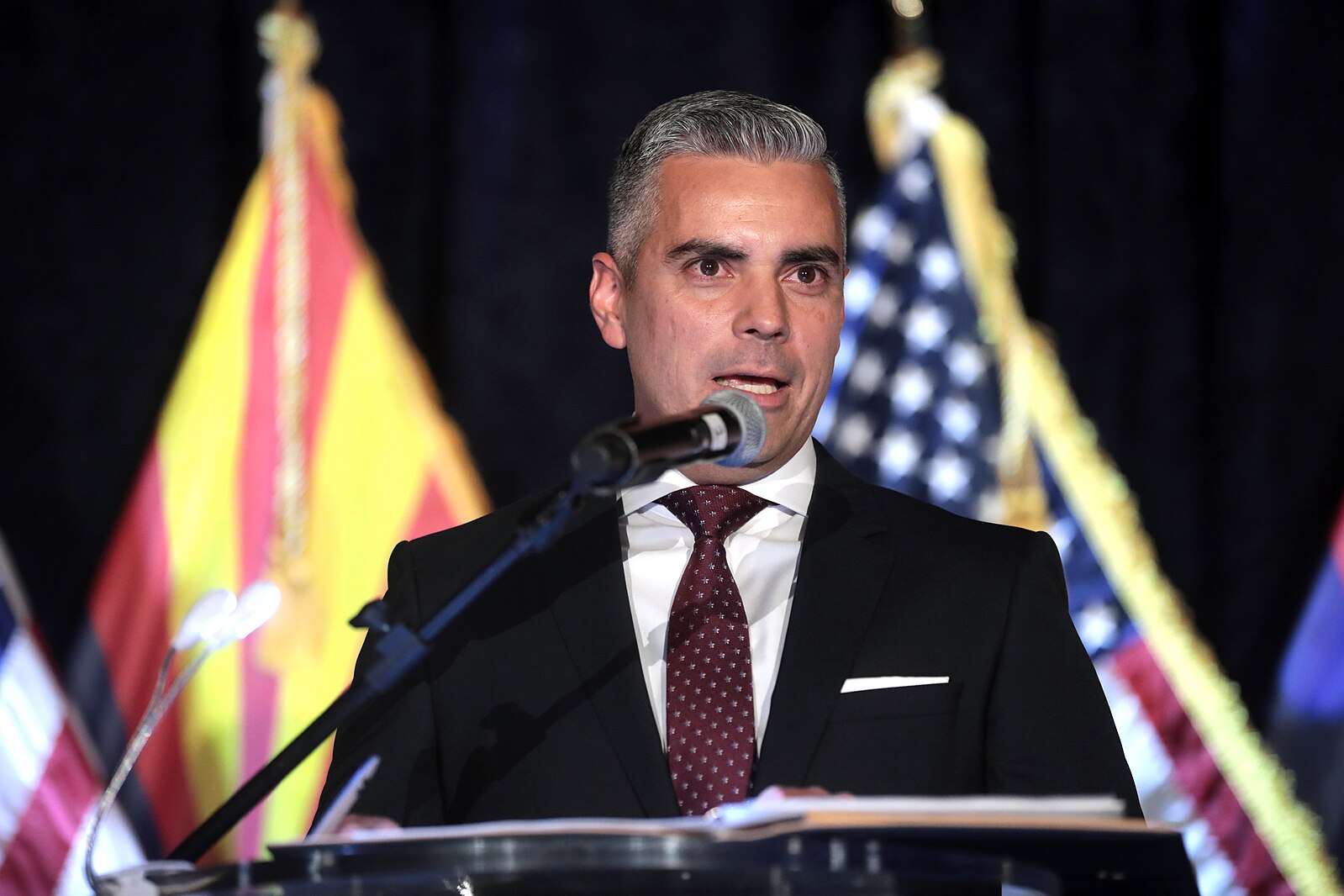
Blaming Democrats for "Healthcare Cliff"
Ciscomani later sharpened his tone, accusing Democrats of using the shutdown as leverage. “Democrats created this healthcare cliff and now want to use the shutdown to force Republicans to bail them out of their own mess, on their own terms,” he said. “I won’t play that game.” His comments reflect a growing GOP narrative that Democrats have politicized healthcare policy to corner Republicans into concessions. Gage Skidmore from Surprise, AZ, United States of America, CC BY-SA 2.0 https://creativecommons.org/licenses/by-sa/2.0, via Wikimedia Commons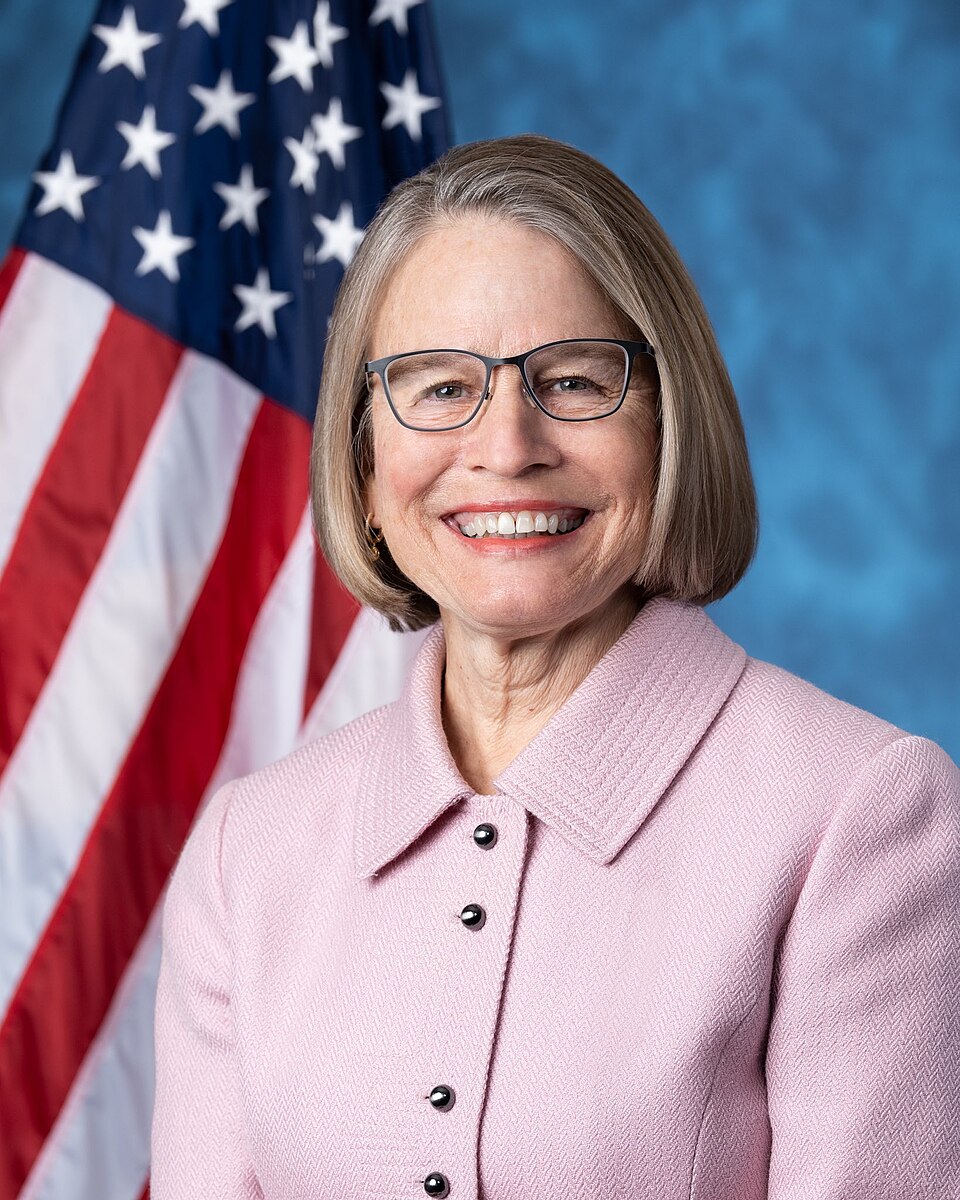
Pandemic Relief or Permanent Policy?
Rep. Mariannette Miller-Meeks (R-IA) has refrained from endorsing renewal of the enhanced subsidies, arguing that they were temporary pandemic-era relief measures never intended to become permanent fixtures of the healthcare system. Her stance appeals to budget-conscious conservatives but could prove politically risky in a state where many voters benefited from the subsidies. House Creative Services / Wikimedia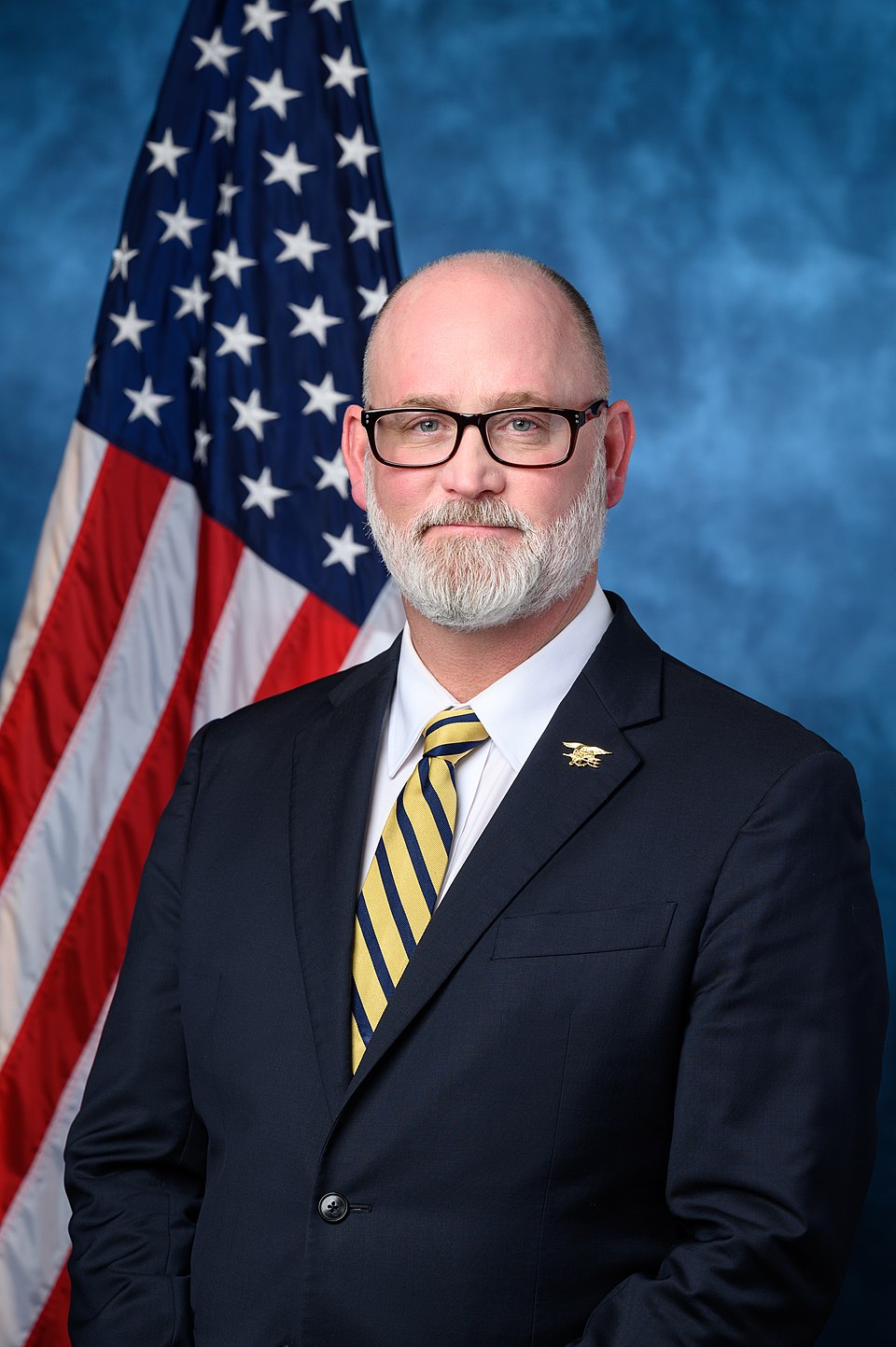
Blame and Political Fallout
Rep. Derrick Van Orden (R-WI) placed full responsibility on Democrats for the program’s current predicament. “The Democrats voted for the ACA subsidies during the Biden administration, and they voted to have them expire,” Van Orden said. “So they did this.” Facing a tough Democratic challenger next year, Van Orden’s remarks appear aimed at shifting blame while rallying conservative voters against what he calls Democratic mismanagement. U.S. House of Representatives / Wikimedia